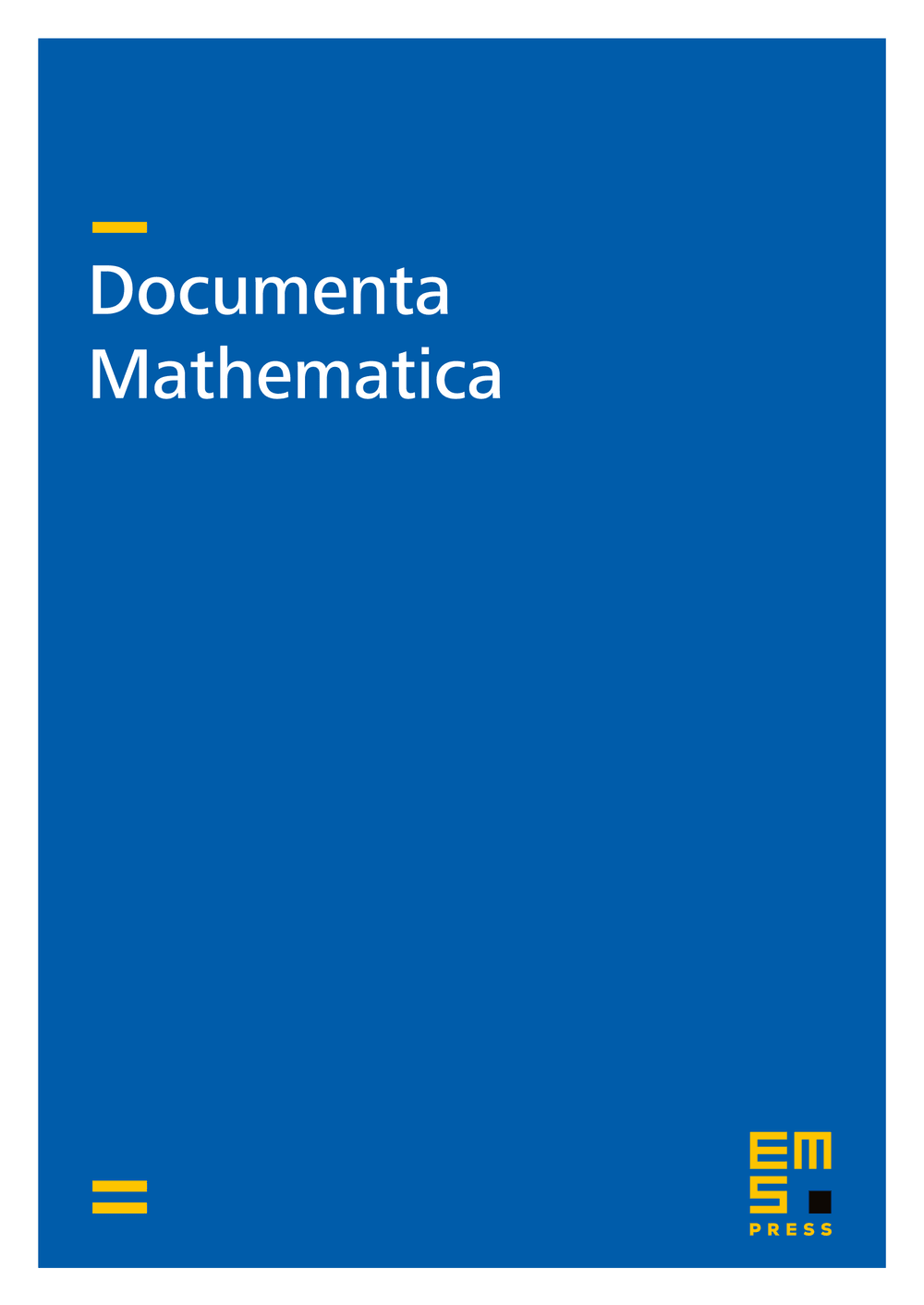Bivariant Theories in Motivic Stable Homotopy
Frédéric Déglise
IMB (UMR5584), 9 avenue Alain Savary, 21078 Dijon Cedex, France

Abstract
The purpose of this work is to study the notion of bivariant theory introduced by Fulton and MacPherson in the context of motivic stable homotopy theory, and more generally in the broader framework of the Grothendieck six functors formalism. We introduce several kinds of bivariant theories associated with a suitable ring spectrum, and we construct a system of orientations (called fundamental classes) for global complete intersection morphisms between arbitrary schemes. These fundamental classes satisfy all the expected properties from classical intersection theory and lead to Gysin morphisms, Riemann-Roch formulas as well asduality statements, valid for general schemes, including singular ones and without need of a base field. Applications are numerous, ranging from classical theories (Betti homology) to generalized theories (algebraic K-theory, algebraic cobordism) and more abstractly to étale sheaves (torsion and -adic) and mixed motives.
Cite this article
Frédéric Déglise, Bivariant Theories in Motivic Stable Homotopy. Doc. Math. 23 (2018), pp. 997–1076
DOI 10.4171/DM/641